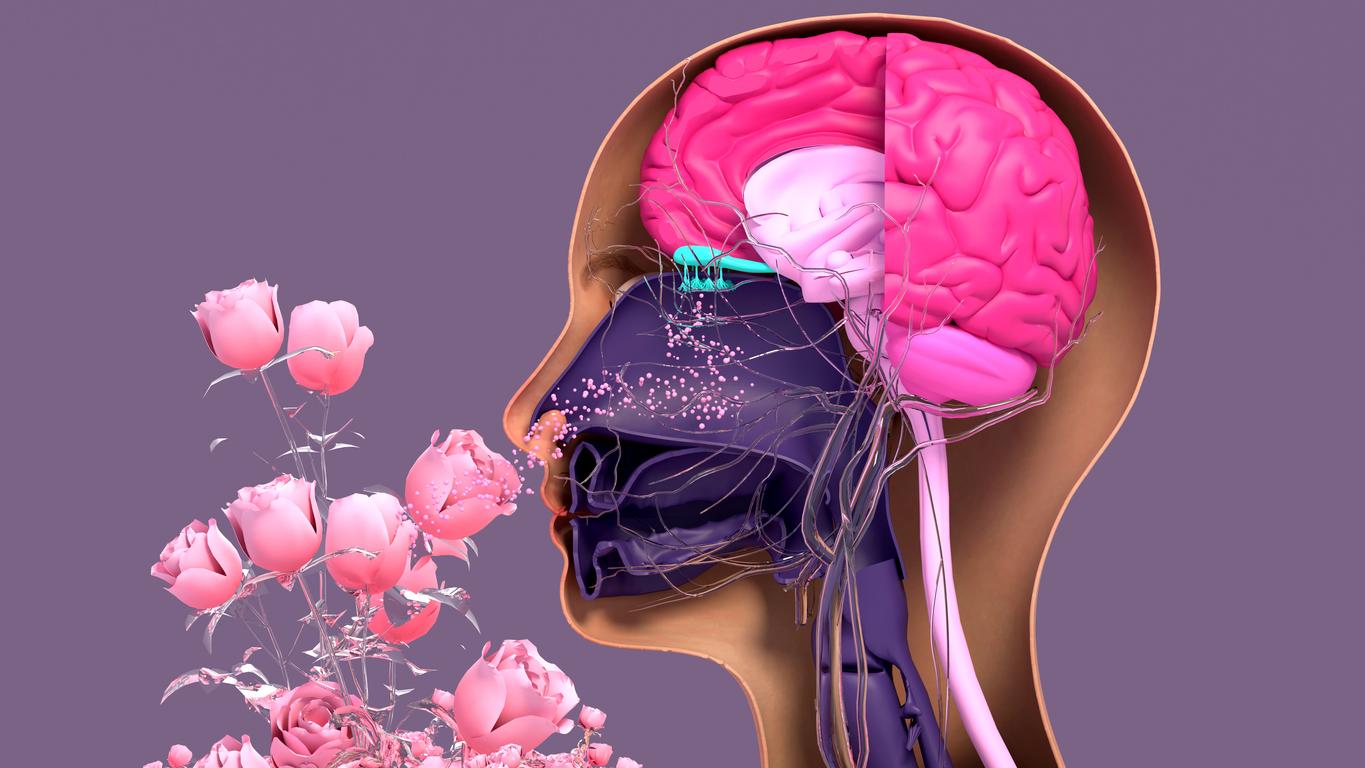People who regularly publish content on social networks have more mental health problems than those who passively consult them, according to researchers.

- Posting frequently can be detrimental to mental health, unlike passive posting, as it could lead to negative interactions or anxiety related to the judgment of others.
- Analyzing data from more than 15,000 people, researchers found that posting regularly on social media increased psychological distress scores, particularly among those who posted and viewed content often.
- Researchers call for developing strategies to promote healthy digital habits and better understand the impacts of social networks.
What if the way you use social media influenced your mental well-being? A new study from University College London (UCL), published in the Journal of Medical Internet Researchhighlights troubling links between active use of social media, such as frequent posting of content, and an increase in mental health problems.
Posting on social networks, a risky activity?
Researchers analyzed data from more than 15,000 Britons aged over 16 who took part in the Understanding Society longitudinal study. Their finding is striking: users who post frequently on social networks have more mental health problems one year later. On the other hand, “passive” use, consisting of simply “scrolling” the content, did not show similar effects.
Dr Ruth Plackett, lead author of the study, explains in a press release : “Posting on social media can lead to negative interactions or anxiety about being judged by others. This could explain why active social media use is associated with poorer mental well-being.”
An objective measure of psychological disorders
To assess the mental health of the participants, the researchers used the General Health Questionnaire (GHQ), a standardized scale. The questions asked about symptoms such as difficulty concentrating, trouble sleeping or feeling stressed. The results show that people posting daily saw their GHQ score increase by 0.35 points on average, indicating a modest but significant increase in psychological disorders.
Notably, those who combine frequent viewing and regular posting obtain an even higher GHQ score (+0.31 points) compared to occasional users. The results remain consistent, regardless of the age or gender of the participants.
Towards healthier digital habits?
This study highlights the importance of developing strategies to limit the negative impacts of social networks. Although these platforms may have positive effects, such as strengthening social connections, the researchers call for more work to understand the underlying mechanisms. “We need to identify the most vulnerable populations and understand why some people are more affected than others”emphasizes Dr. Plackett. These findings could guide users toward healthier digital habits and, ideally, prompt platforms to revise their models to minimize mental health risks.

















